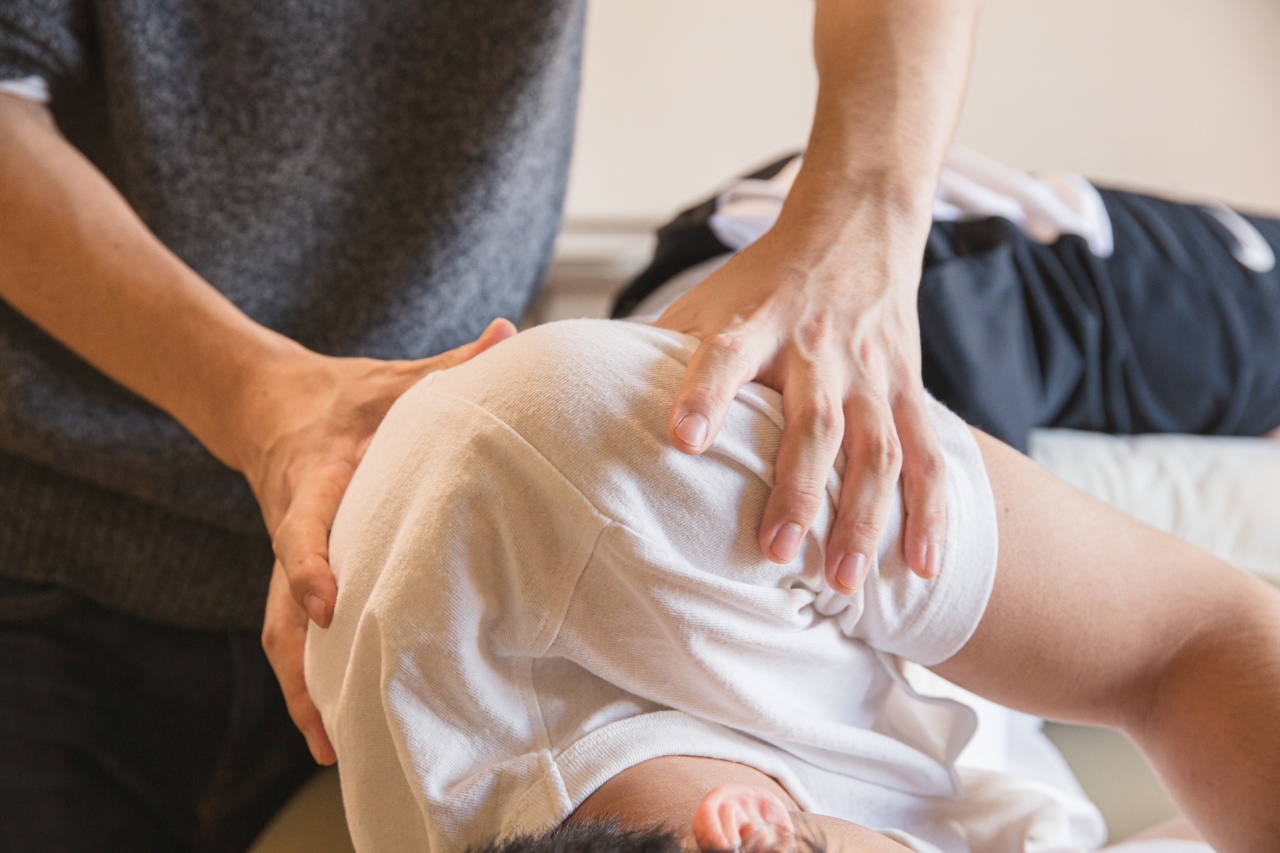Kidneys are two bean-shaped organs located in the abdomen. They filter waste products and excess fluids from your blood, which are then passed out of the body as urine.
If your kidneys aren’t working properly, it can result in a buildup of waste products and fluids in your body that can cause serious health problems. This is why it’s important to pay attention to your kidney health. In this article we’ll discuss some kidney symptoms you shouldn’t ignore and why it’s important to visit your doctor if you experience any of them.
1. Changes in Urination Pattern
One of the most common symptoms of kidney problems is changes in your urination pattern. You may notice that you need to go to the bathroom more often than usual or, conversely, you may not need to go as frequently.
If you notice that your urine is cloudy, foamy, or has a strong odor, it could be a sign that something is wrong with your kidneys. Blood in the urine is another red flag that you should not ignore.
2. Swelling in Your Legs, Ankles, or Feet
If your kidneys are not functioning correctly, excess fluids can build up in your body and lead to swelling in your legs, ankles, or feet. This is known as edema.
It’s important to pay attention to this symptom, as it can indicate a serious kidney problem, such as nephrotic syndrome or chronic kidney disease.
3. Fatigue and Weakness
If your kidneys are not working properly, your body may not be able to produce enough red blood cells to carry oxygen throughout your body, which can result in fatigue and weakness.
This is because a substance called erythropoietin, which is produced in the kidneys, is responsible for stimulating the production of red blood cells. If you are experiencing persistent feelings of fatigue and weakness, it’s important to see your doctor to rule out any underlying kidney problems.
4. Shortness of Breath
If your kidneys are not functioning properly, excess fluids can build up in your lungs, making it difficult to breathe. This can lead to shortness of breath, which can be especially concerning if you haven’t been exerting yourself.
If you’re experiencing shortness of breath, it’s important to seek medical attention right away.
5. High Blood Pressure
Your kidneys play an important role in regulating blood pressure. When your kidneys aren’t functioning properly, it can result in high blood pressure, also known as hypertension.
This can put you at risk for heart disease, stroke, and other serious health problems. If you have high blood pressure, it’s important to have your kidney function checked regularly.
6. Nausea and Vomiting
If your kidneys are not working properly, waste products can build up in your body, leading to nausea and vomiting. This can be a sign of kidney disease, as well as other serious health problems.
It’s important to see your doctor if you’re experiencing persistent nausea and vomiting.
7. Pain in Your Back or Side
If you’re experiencing pain in your back or side, especially if it’s accompanied by a fever, it could be a sign of a kidney infection or kidney stones. It’s important to see your doctor if you’re experiencing persistent pain in your back or side.
8. Metallic Taste in Your Mouth
If you have kidney disease, you may notice a metallic taste in your mouth. This is due to the buildup of waste products in your bloodstream, which can affect your sense of taste.
While this symptom may not be serious on its own, it’s important to bring it up with your doctor, as it may be a sign that your kidney function is declining.
9. Difficulty Concentrating or Confusion
If your kidneys are not functioning properly, waste products can build up in your bloodstream and affect your brain function. This can lead to difficulty concentrating, confusion, or even seizures in severe cases.
If you’re experiencing difficulty concentrating or confusion, it’s important to see your doctor right away.
10. Dry, Itchy Skin
If your kidneys are not working properly, waste products can build up in your bloodstream, leading to dry, itchy skin. You may also notice that your skin is more prone to bruising and may take longer to heal.
If you’re experiencing persistent dry, itchy skin, it’s important to see your doctor.
Conclusion
If you’re experiencing any of the symptoms listed above, it’s important to see your doctor as soon as possible. Kidney problems can range from mild to severe, but early detection and treatment is key to preventing serious complications.
Be sure to tell your doctor if you have a family history of kidney disease or if you have any underlying medical conditions that may put you at risk. In addition, maintaining a healthy diet and lifestyle can go a long way in preventing kidney problems.





























